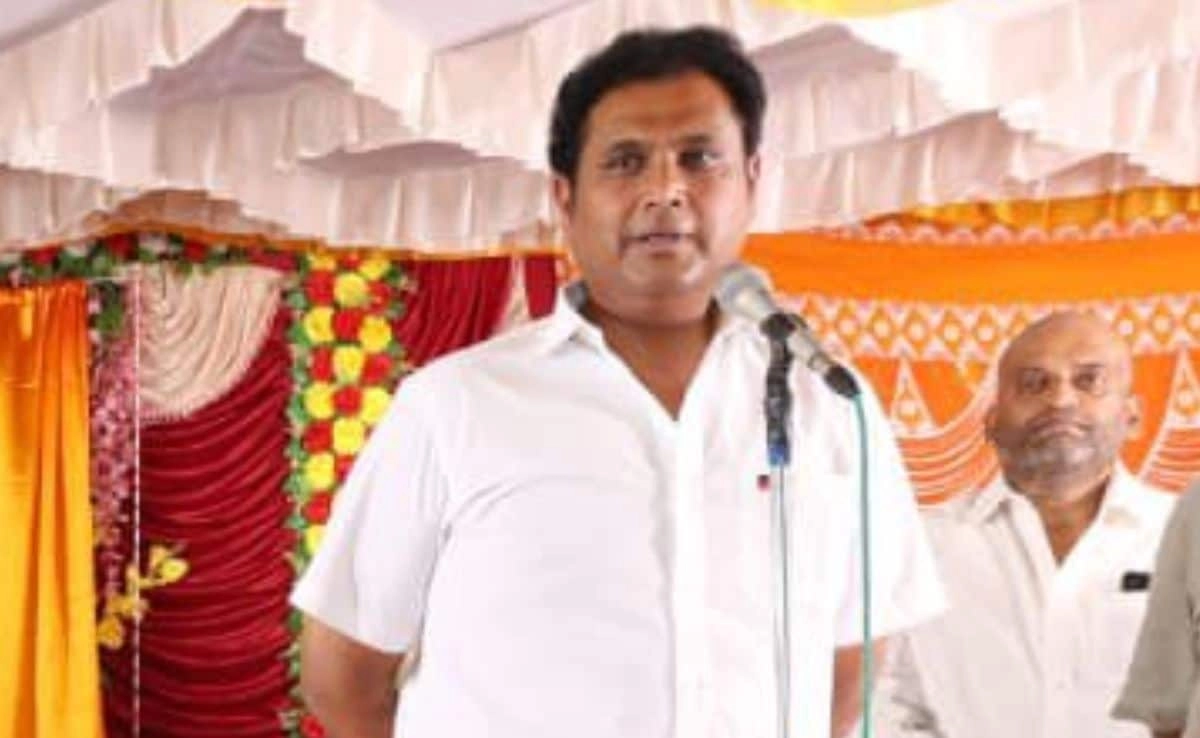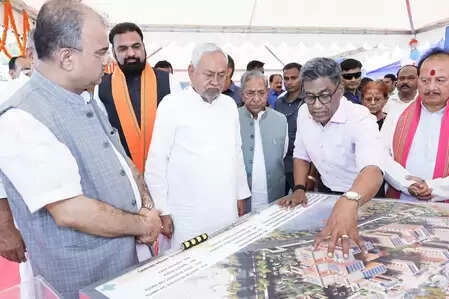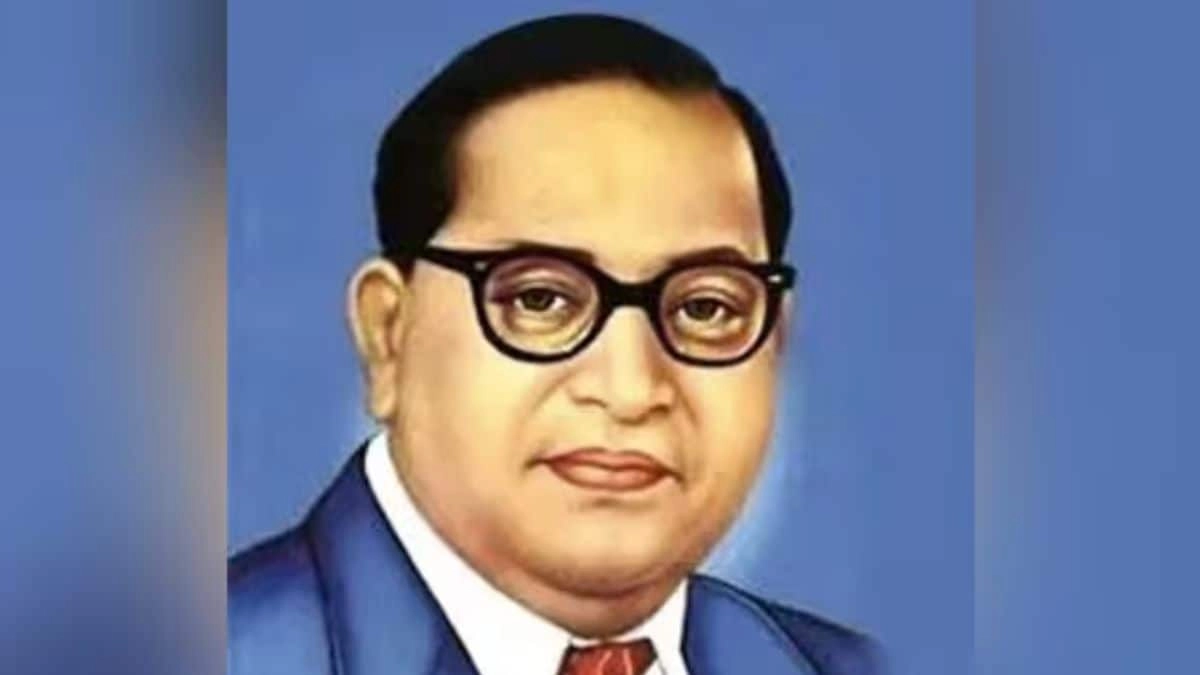In recent discussions surrounding gender and regional differences in India, a Tamil Nadu minister has shed light on the contrasting experiences of women in the northern and southern parts of the country. The minister emphasized that while women across India face various challenges, the cultural, social, and economic contexts in which they navigate their lives often differ significantly between these regions. In Tamil Nadu, for instance, there is a long-standing tradition of female empowerment and progressive policies that have contributed to greater gender equality. The minister pointed out that women in the south generally enjoy more educational opportunities and representation in the workforce, which has enabled them to participate actively in public life.
In contrast, the minister noted that women in northern states may encounter more pronounced societal restrictions and traditional expectations. These differences can be attributed to various factors, including historical influences, socio-economic conditions, and prevailing cultural norms. For example, in some northern regions, practices such as early marriage and limited access to education can restrict women’s autonomy and opportunities. The minister’s observations highlight the importance of recognizing these regional disparities when addressing women’s rights and empowerment initiatives across India.
Furthermore, the Tamil Nadu minister called for a more nuanced understanding of women’s issues that considers these regional differences. She argued that policies aimed at promoting gender equality must be tailored to the specific challenges faced by women in different states. This approach not only acknowledges the diversity of women’s experiences across India but also fosters a more inclusive dialogue about gender issues. By promoting awareness and understanding of these differences, policymakers can work towards creating effective strategies that uplift women, regardless of their geographic location.
Ultimately, the minister’s remarks serve as a reminder of the need for a collective effort to address the unique challenges faced by women in various regions of India. By fostering regional cooperation and sharing successful initiatives, states can learn from one another and work together to create a more equitable society for all women. As discussions about gender equality continue to evolve, it is crucial that we remain attentive to the diverse experiences of women, ensuring that no voice goes unheard in the pursuit of a more just and equal society.




